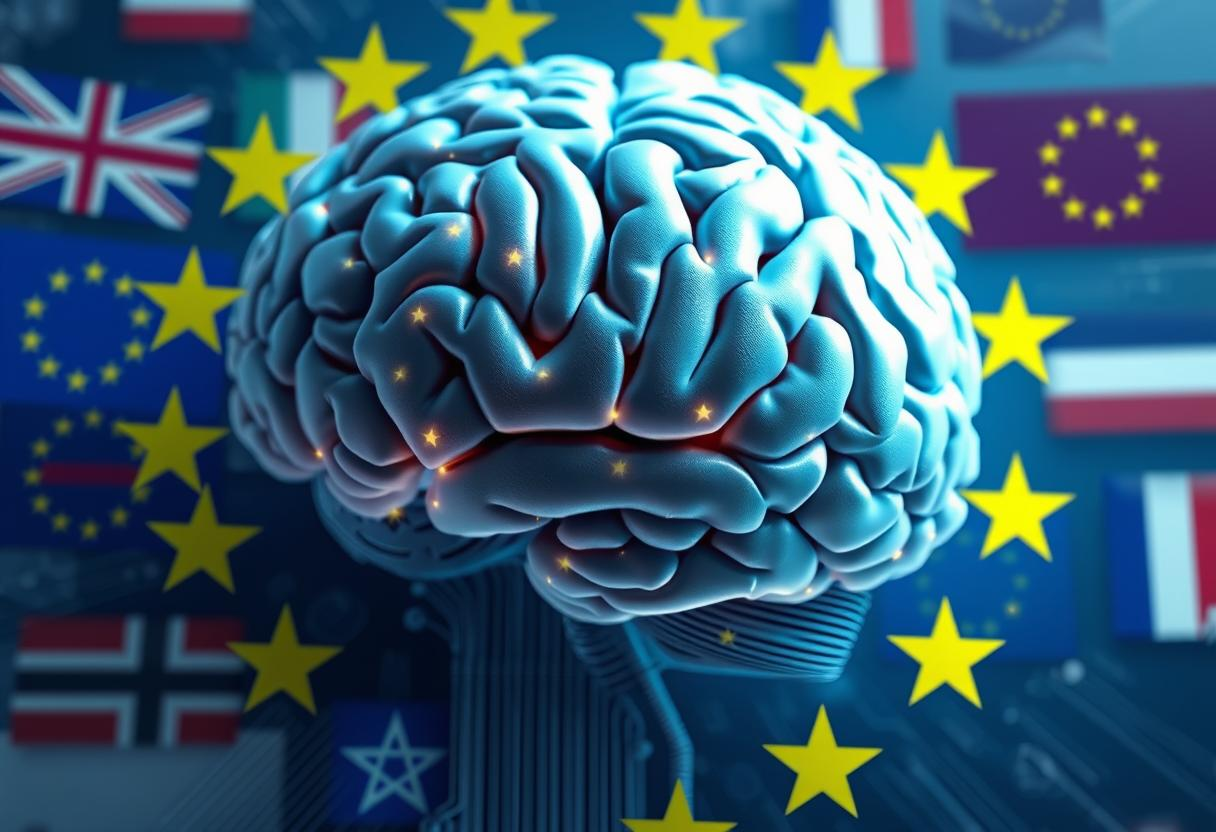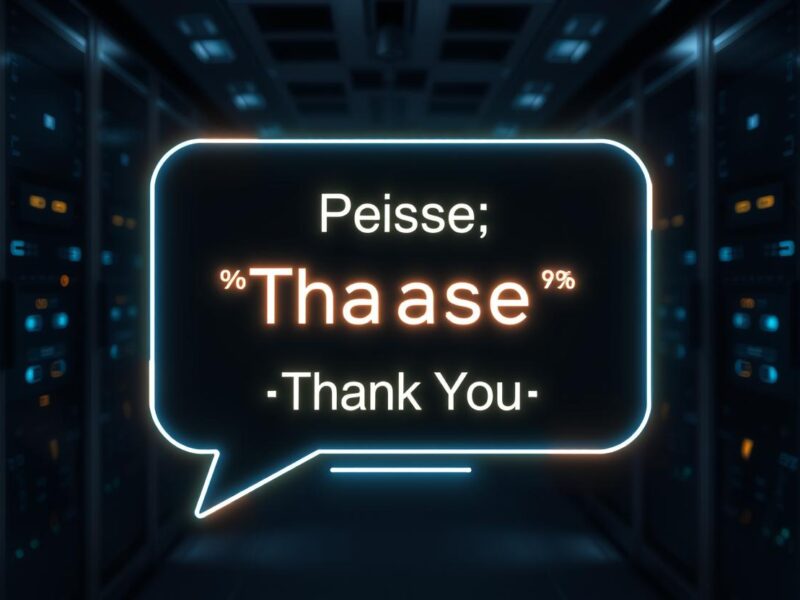In a move that underscores the delicate balance between technological advancement and privacy rights, Meta has declared its intention to proceed with training its AI models on public content from EU users. This decision comes after a period of regulatory hesitation, where the company paused its plans in response to concerns raised under the stringent General Data Protection Regulation (GDPR).
The company’s approach reflects a broader industry trend, where tech giants seek to harness the rich tapestry of user-generated content to refine their AI systems. Meta’s strategy, however, is not without its caveats. The firm has committed to excluding private messages and data from minors, while also providing EU users with the means to opt out of having their public posts used for AI training.
This development raises pertinent questions about the trade-offs inherent in AI development. On one hand, the use of diverse data sets is crucial for creating AI that can accurately reflect and understand the nuances of European cultures and languages. On the other, it reignites debates over consent and the ethical use of personal data in an era where digital privacy is increasingly valued.
Meta’s reference to the practices of peers like Google and OpenAI serves as a reminder of the industry’s collective direction. Yet, the scrutiny from regulators like the Irish Data Protection Commission (DPC) indicates that the path forward is not without its challenges. The recent investigation into xAI’s Grok training practices further illustrates the regulatory landscape’s complexity.
As Meta embarks on this new chapter, the dialogue between innovation and privacy continues to evolve. The company’s efforts to navigate this terrain will be closely watched, not just by regulators and users, but by the tech industry at large, as it seeks to define the boundaries of AI’s role in our digital lives.


